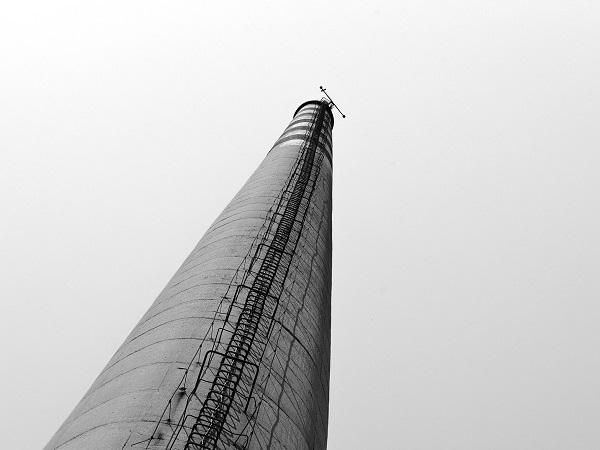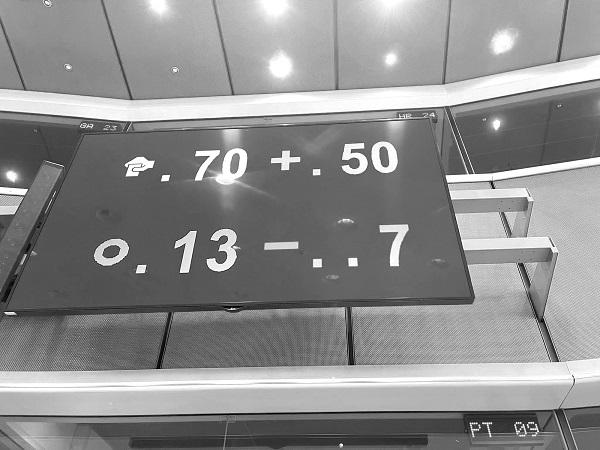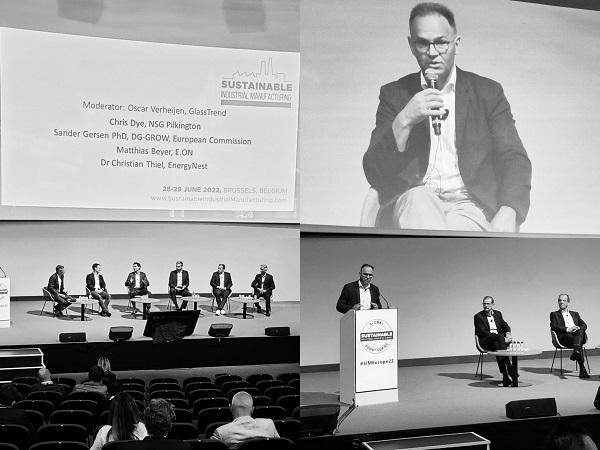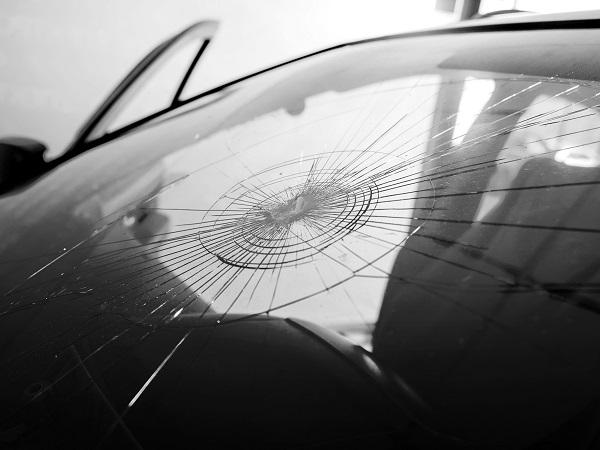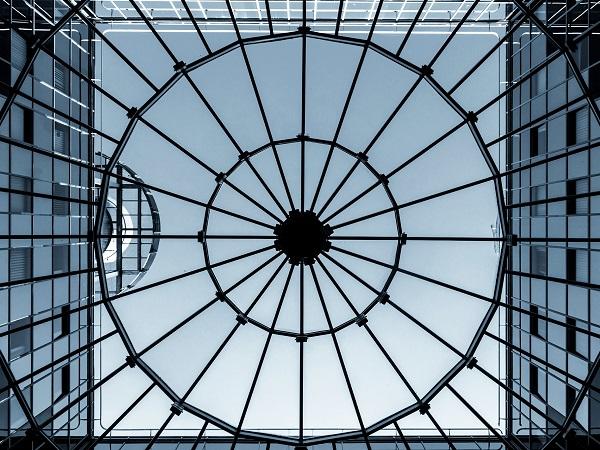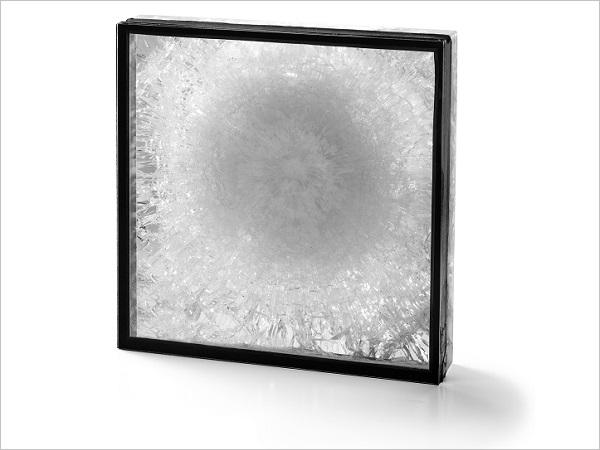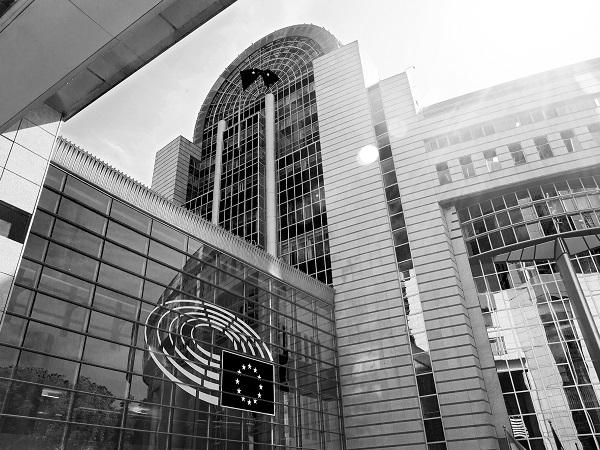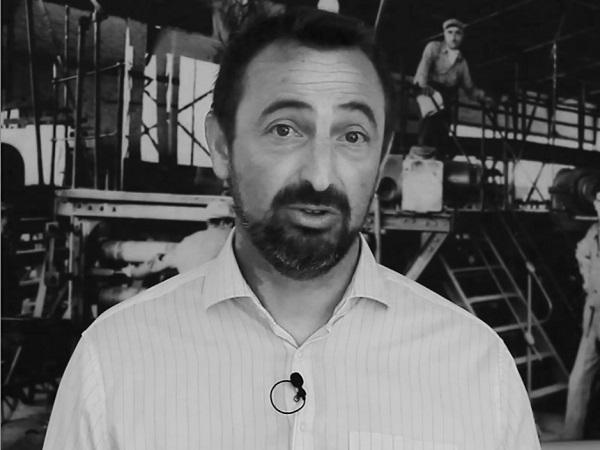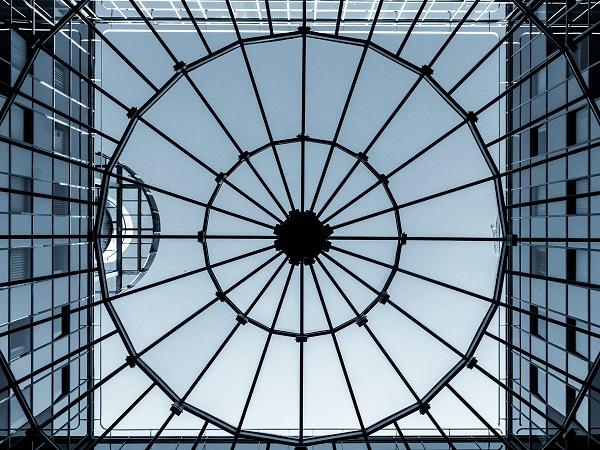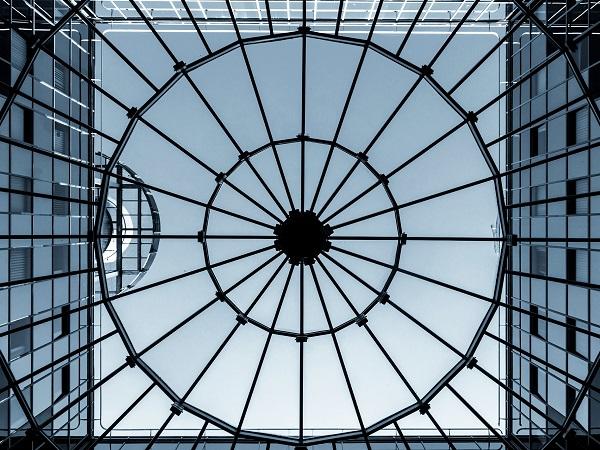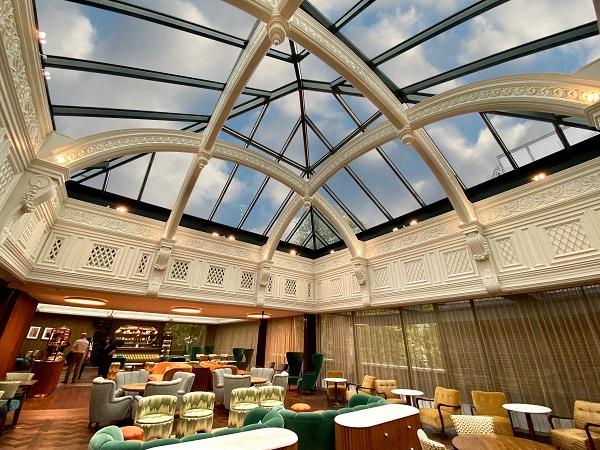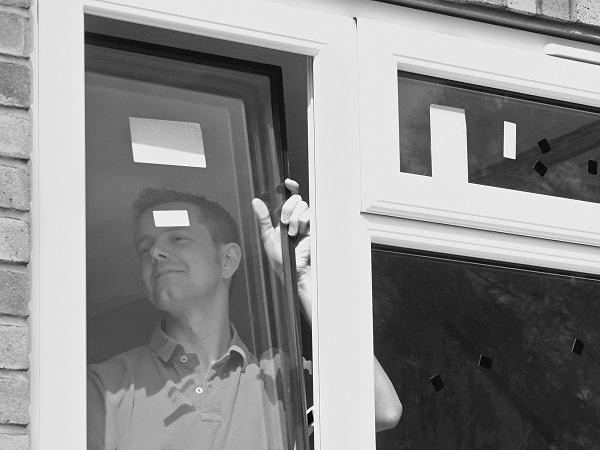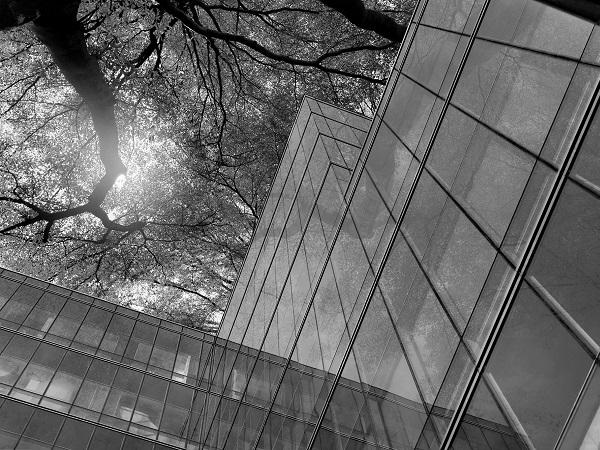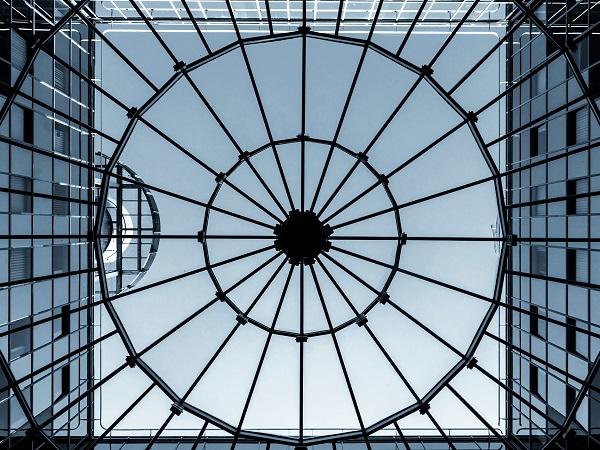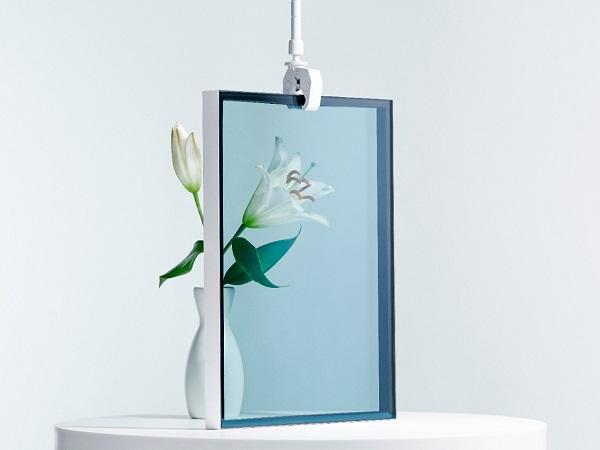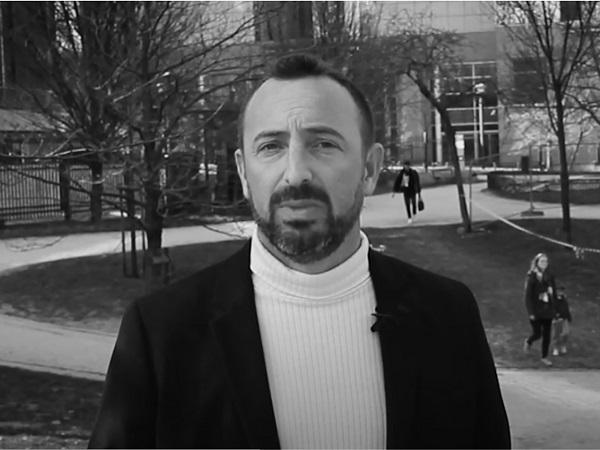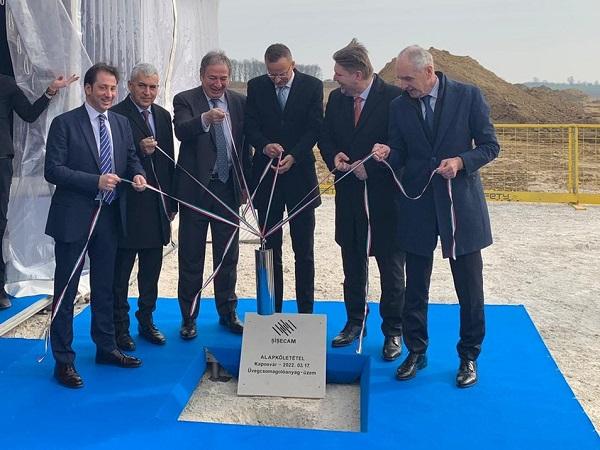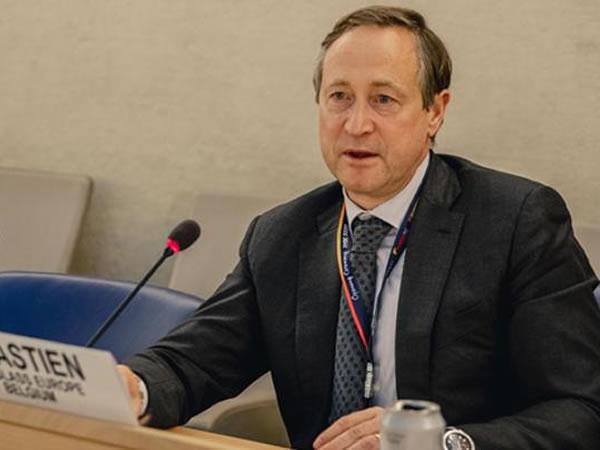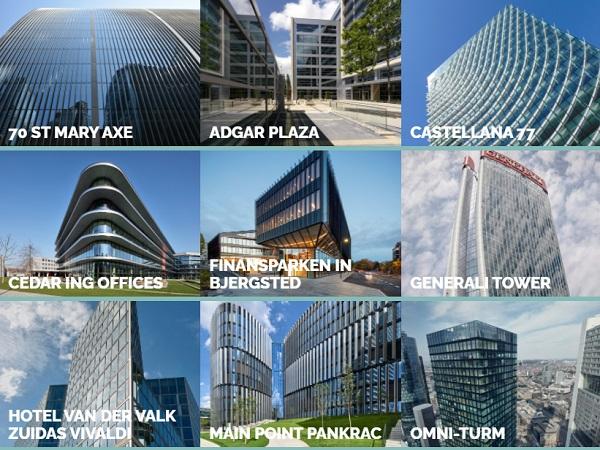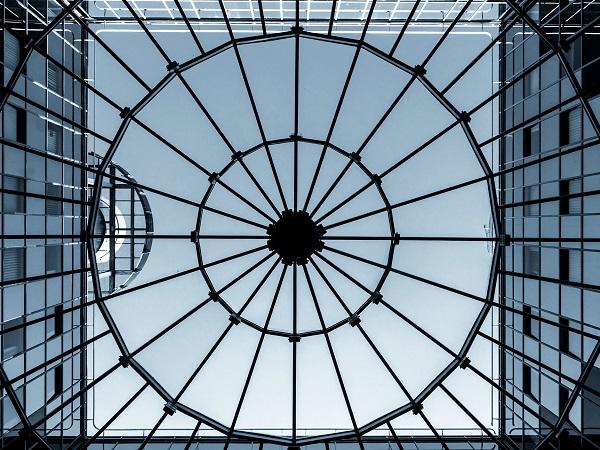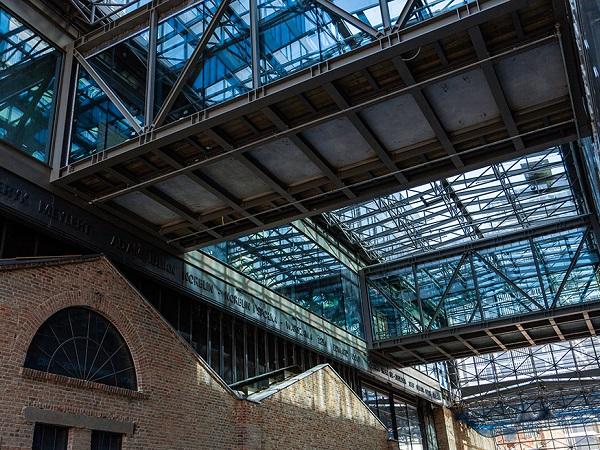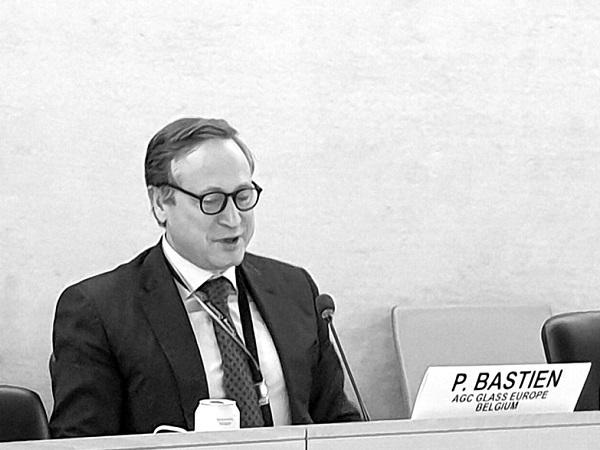Others also read
Glass for Europe lead the work on the paper released today by Glass Alliance Europe on the revision of the Industrial Emissions Directive (IED) and the recast of the European Pollutant Release and Transfer Register (E-PRTR).
The report on the recast Energy Efficiency Directive (EED) was adopted today by large majority in the Committee on Industry, Research and Energy (ITRE) of the European Parliament.
Flat glass manufacturers’ decarbonisation efforts under the spotlight at the Sustainable Industrial manufacturing conference.
Improving sorting and quality of the end-of-life automotive glass pieces could provide a new source of recycled glass for flat glass manufacturing.
Glass recycling can offer many environmental and economic benefits, provided a proper framework enables the collection and sorting of high-quality materials.
An adequate and reliable design of the building structure is today more than necessary.
Glass for Europe reacted to today’s vote on the review of the Emissions Trading Scheme and the proposal for a Carbon Border Adjustment Mechanism with a video message from its Secretary General, Bertrand Cazes.
Glass for Europe calls on authorities to guarantee the uninterrupted supply of gas to glass manufacturing installations.
On May 5th 2022 Glass for Europe hosted its 2nd workshop on flat glass recycling.
On Friday 28 April, Bertrand Cazes, Secretary General of Glass for Europe, participated as a speaker to the 4th Innovative Glazing Global Summit.
Glass for Europe has run calculations based on public data and energy performance models used by and developed for the European Commission. This paper presents the results of these calculations.
BAFTA partnered with glass specialist eyrise® to provide instant solar shading for a newly created fourth floor.
Glass for Europe believes that it is time for a coherent revision of the Energy Performance of Buildings Directive (EPBD).
Yesterday, 30 March, the European Commission released new proposals aiming at making sustainable products the norm in the EU.
Improvements needed to the recast of the Energy Performance of Building Directive (EPBD)
Is it possible to create a building that is both aesthetically pleasing and energy efficient? Meeting your project’s requirements doesn’t have to be a daunting or complicated process.
“Glazing will be essential to deliver truly sustainable buildings” affirms Glass for Europe’s Secretary General B. Cazes in an interview released for the Theme Park of GPD – Glass Performance Days.
Şişecam lays the foundation of its first European glass packaging facility in Hungary
Philippe Bastien is the Chairman of Glass for Europe and Regional President AGC Glass Europe.
Glass for Europe launches today a new section of its website and a video on the role of glass in sustainable buildings.
The EPBD has contributed to improving the energy performance of European buildings and our associations ARGE, European Aluminium, EPPA, ES-SO, EuroWindoor and Glass for Europe are strong supporters of this framework.
On February 17th, Glass for Europe answered to the public consultation on “Commercial vehicles – weights and dimensions (evaluation)”.
The revitalisation of the site of the Norblin factory in Warsaw is an unprecedented project.
In both the European Parliament and the Council, the legislative debate on the fit for 55 package becomes more intense.
Today, the Chairman of Glass for Europe Philippe Bastien was at the Palace of Nations in Geneva for the opening ceremony of the International Year of Glass.

